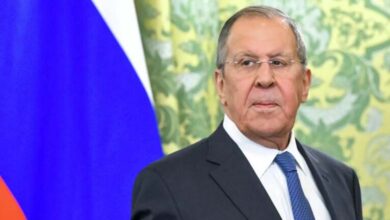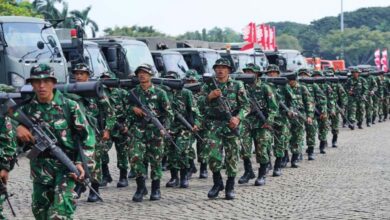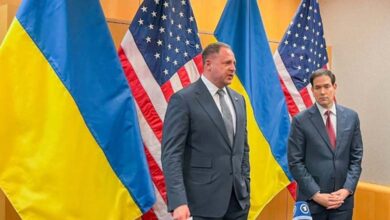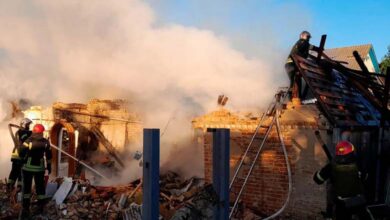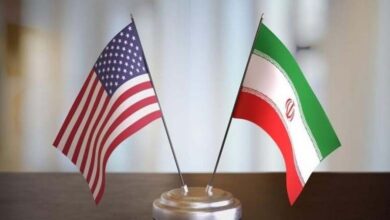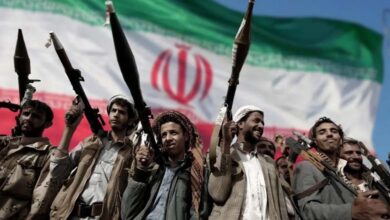Sudanese Muslim Brotherhood Leader Courts Hemeti… What Did She Say and What Are the Implications of Her Statements?
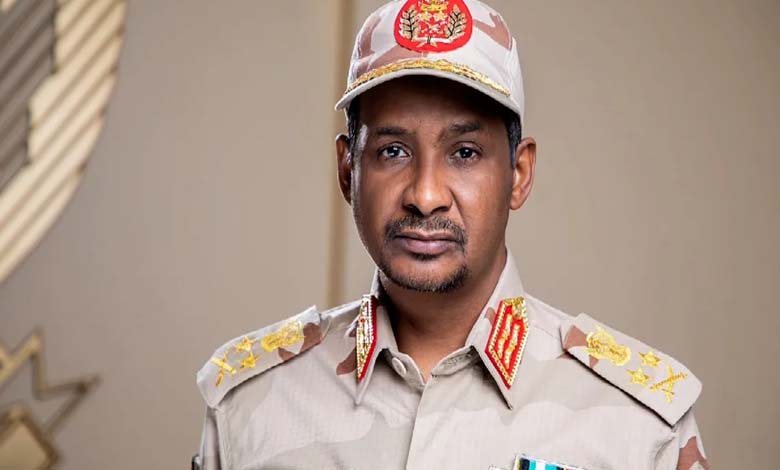
The leader of the Muslim Brotherhood group in Sudan and member of the Advisory Council of the Islamic Movement, Sana Hamad Al-Awad, has sparked much angry reaction by talking about the possibility of negotiating with the leader of the Rapid Support Forces, Mohamed Hamdan Dogolo, known as Hemeti. Many considered that the group’s invitation comes after the defeats suffered by the army, after the destruction of the country and the displacement of millions of its people.
According to the Sudanese newspaper “Al-Taghyeer,” Al-Awad strived to imbue the meeting of the Brotherhood with Hemeti with religious sanctity by saying that they are “scriptural,” meaning they have a Quranic text that legitimizes their meeting with him. She reproached Hemeti with utmost politeness, saying: “You are not the man we knew,” according to the editor-in-chief of “Al-Taghyeer,” Rasha Al-Awad.
Activists said that currently, the group that ignited the war has begun talking about peace negotiations, indicating its deteriorating situation on the ground. They questioned when Hemeti would deign to sit with them to end the war.
-
Participation in Major Events and Conferences: New Brotherhood Effort to Stoke Strife in Sudan
-
Did Sudan’s Muslim Brotherhood Successfully Recruit Writers and Authors? The New Misstep of Novelist Baraka Sakin
Many regarded these statements as conclusive evidence that this war primarily targets the “December revolution and its goals and values,” aiming to eradicate democratic transition and civilian forces to revert to military dictatorship, whether in cooperation with the army or the Rapid Support Forces.
Activists expressed their anger after Al-Awad stated that they would not sit with “Progress,” asserting that the formation of the Rapid Support Forces was a political and military decision issued by the Kizan (Muslim Brotherhood) regime.
-
The Muslim Brotherhood in Sudan Seeks to Return to the Scene Through International Conferences… Details
-
Amidst the Crimes of the Muslim Brotherhood in Sudan… The ICC Demands the Disclosure of Bashir and Haroun’s Whereabouts
Activists affirmed that the Brotherhood‘s statements reflect sheer audacity and disdain for the Sudanese people’s intelligence, and that their disagreement with the Rapid Support Forces is not because it is a parallel militia to the army. They are still forming militias like the Al-Bara ibn Malik brigade and allying with militias like the Minawi and Jibril movements. The disagreement is over power, and it may end with an agreement to share power between them, leaving no solace for the dead, the injured, the missing, and the displaced, according to Rasha Al-Awad.


